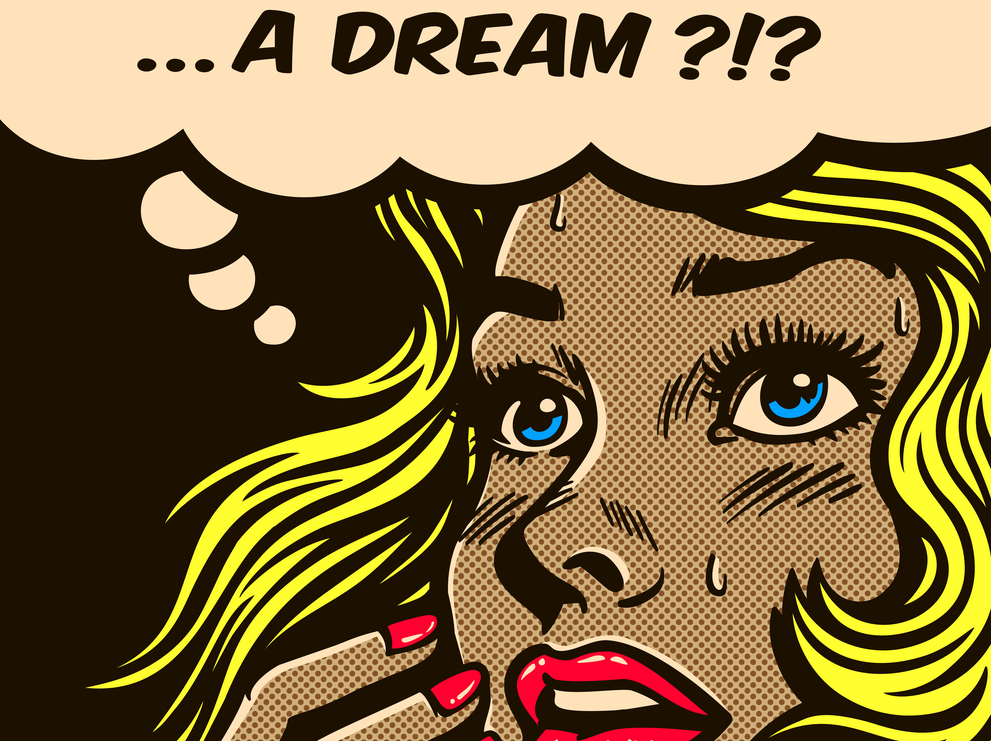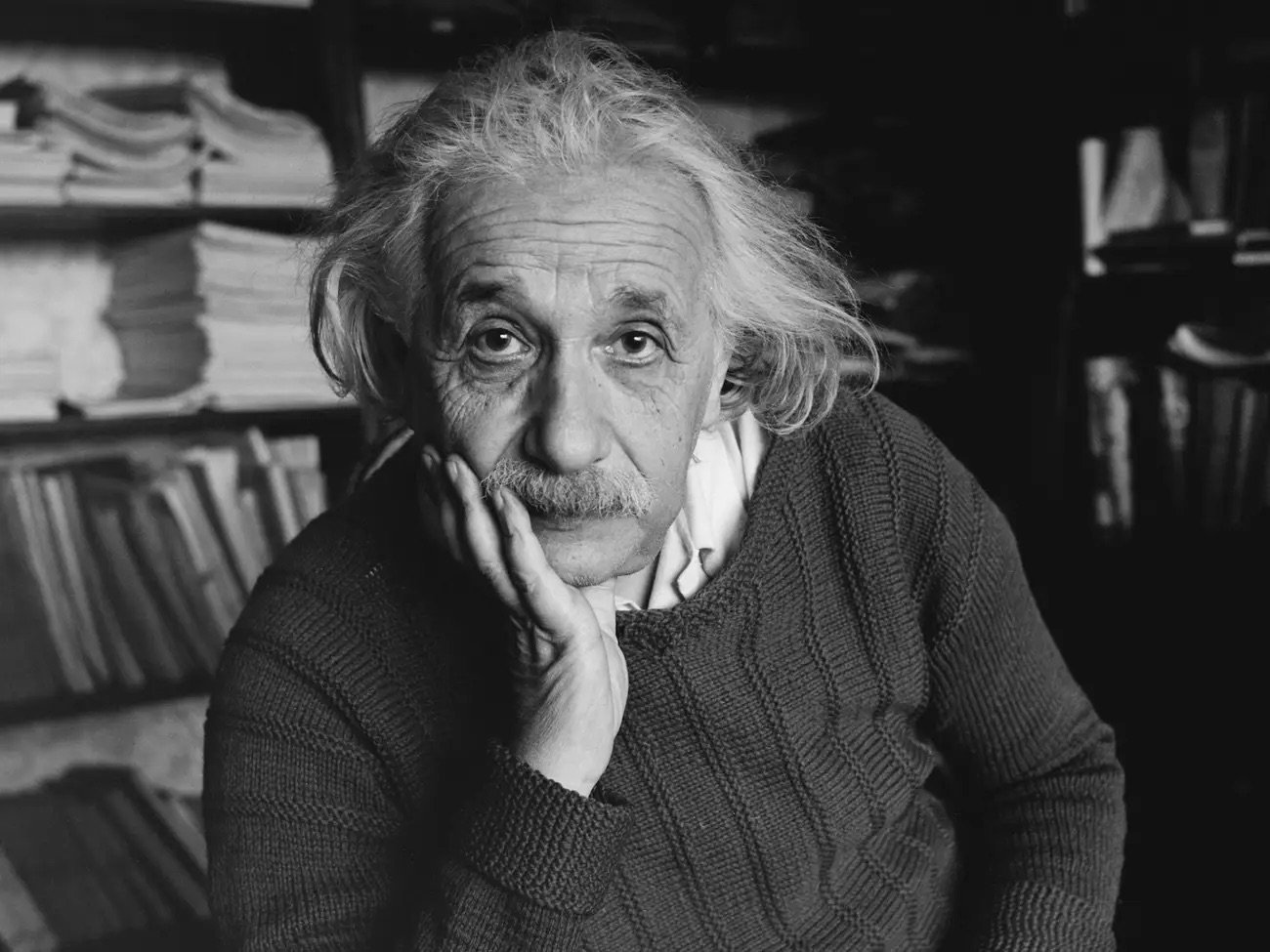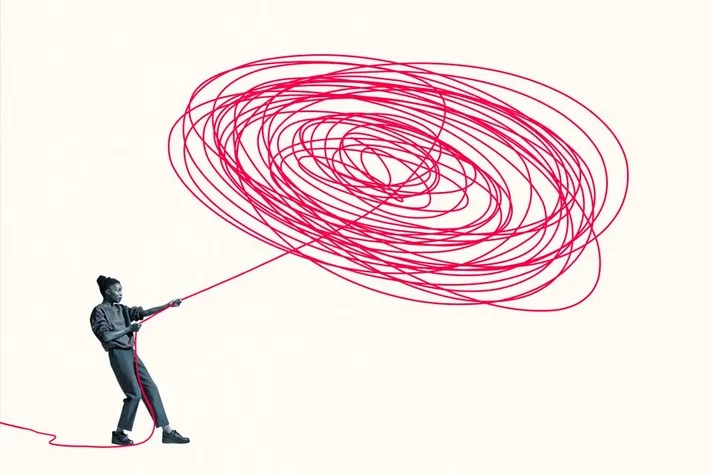False Memories & The Mandela Effect Explained
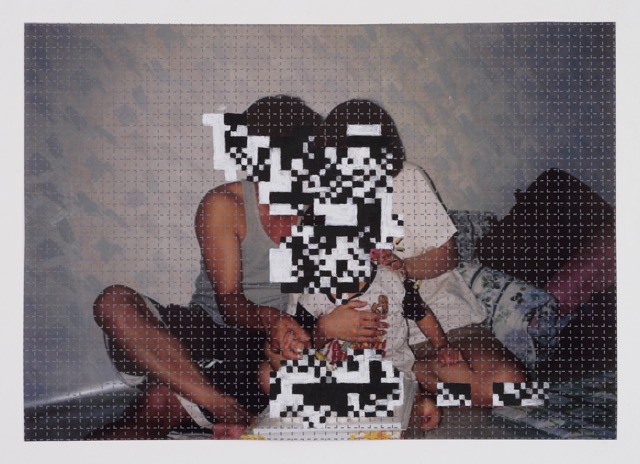
More often than not when we reconstruct a memory in our brain, it doesn't necessarily reflect the truth of the matter. 05.31.24
What Are False Memories?
False Memories are the phenomenon in which a person's recollection of past events becomes inaccurate or
"distorted". The inaccuracies can be due to multiple factors, including emotional influences, cognitive
biases, social interactions, and the passage of time. This can be only a minor change or in extreme cases,
we remember something that happened to someone else, happening to us.
The Truth About Our False Memories
When we think of how our brain remembers things, it’s almost like we believe there is a camcorder that's constantly active, recording everything direct to tape. The reality of it is that most of the time when we remember things, it’s more of a reconstruction process. Think unearthing a dinosaur and piecing it back together. It’s been buried in the dirt for years only now to be found again. We have specific pieces but still some are missing. We then attempt to fill in those gaps or missing pieces, based off our own emotions or cognitive biases. We have a desire for the memory to be complete, so it's only natural to want these gaps to be filled. This is how we create False Memories. It’s not intentional 99% of the time, we aren’t directly trying to deceive anyone (confabulation). It’s just over time as we grow in our understanding of the world around us, our perceptions change and this may cause us to in turn change the way we remember things.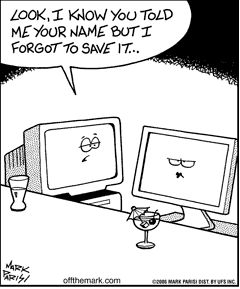
What Is The Mandela Effect?
The Mandela Effect occurs when a large group of people remember an event or the facts surrounding it inaccurately. The term was coined by Fiona Broome in 2009 upon her discovering that many people, including herself, falsely remembered Nelson Mandela dying in prison in the 1980s, when in fact he was released in the 90s and lived all the way to 2013. Or the famous quote in Star Wars: The Empire Strikes Back where Darth Vader says “Luke, I am your father”. In fact, the direct quote is “No, I am your father”.What Does This Mean For Our Justice System?
It’s interesting that without physical evidence of a crime, the next place we look to for answers is personal recollections. Eyewitnesses play a critical role in our justice system. How many documentaries have been made for TV about the miscarriages of justice. We ask individuals to come forward and give testimony to the events and how they transpired. The question then is how much can we really rely on these testimonies? “I saw him there, 100% I saw him”. If we in fact believe this to be true, it can be severely problematic for anyone on trial. Also it should be noted that false memories are not the same as perjury. Perjury is where you intentionally act to mislead the trial.False memories happen everyday but most of the time someone’s livelihood is not on the line. It’s just some story a friend is telling, and it’s for entertainment purposes only, so we cease to actually care about the facts. They are dismissed as a common mistake.
